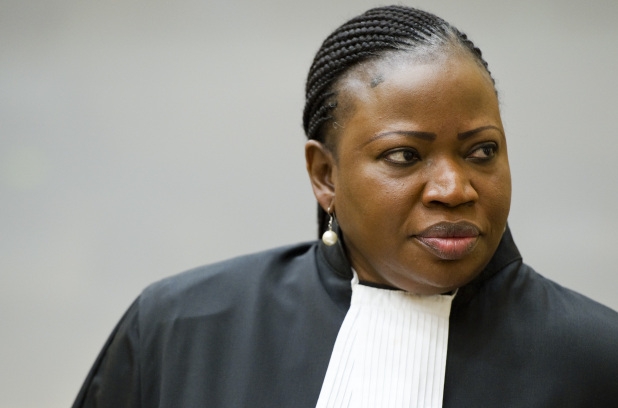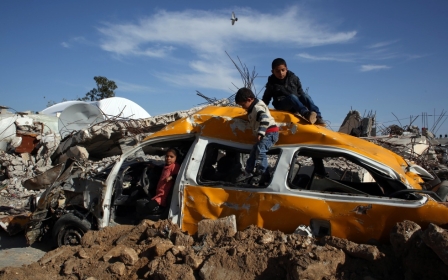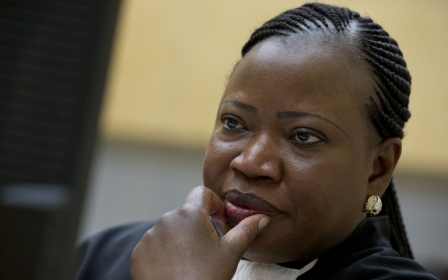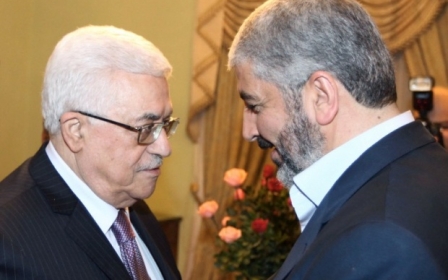ICC to proceed with war crimes probe after Palestine accession on 1 April

Palestine is scheduled to be under the jurisdiction of the International Criminal Court (ICC) on 1 April, and Palestinian officials will then be able to have possible crimes investigated regardless of pressure from Israel or any other government.
Palestine made the decision to officially join the ICC, based in The Hague, in January 2014, saying the move would mean the end of what they called “Israeli impunity”.
Becoming the 123rd signatory to the Rome Statute, the treaty that governs the ICC, means that both Palestinians and Israelis can be investigated and prosecuted for a range of crimes that cannot be arbitrated by national courts.
If the Palestinian accession to the ICC goes through as planned on 1 April, the body will then assess whether it should investigate issues like Israeli settlement-building practices, considered illegal under international law, and Israel’s military bombardment of the Gaza Strip last summer.
In response to the Palestinian decision, which is due to come into effect on 1 April, Israel froze $127 million in Palestinian tax revenues, which it has control over.
The three-month suspension of revenue has left the West Bank’s economy severely weakened, with state employees receiving reduced salaries for two months.
The Israeli government announced on Friday that it is to stop withholding the Palestinian tax revenues, citing the need to “act responsibly” given “the deteriorating situation in the Middle East”.
The decision was praised by the US, at a time when Israel’s relations with its key ally are strained due to Israeli President Benjamin Netanyahu’s position over nuclear talks with Iran.
Local media reports have since suggested that the transfer of tax funds is conditional on the Palestinians agreeing not to file further claims against Israel at the ICC.
A “tacit understanding” between Israeli and Palestinian negotiators means that Palestine would refrain from pursuing Israel at the ICC for possible war crimes in Gaza, according to sources quoted by Israeli daily Ynet News.
However, ICC officials have told Middle East Eye that proceeding with prosecutions is a decision for the ICC prosecutor – not officials from Palestine or any other government.
“First, it is for the prosecutor to conduct her preliminary examination and, based on her preliminary examination, the prosecutor will decide whether or not she would proceed with an investigation,” ICC spokesperson Fadi al-Abdallah told MEE.
“The first element is to see what the prosecutor’s analysis is, and we cannot speculate on its outcome.”
According to Abdallah, all members of the ICC, which from 1 April will include Palestine, as well as non-members of the court, can provide evidence of alleged atrocities and arguments to the ICC.
“All state parties or non-parties can provide the relevant information or make any points that they would like to raise to the prosecutor directly,” he said.
“The prosecutor then will take this information … into consideration for her analysis purposes.”
New MEE newsletter: Jerusalem Dispatch
Sign up to get the latest insights and analysis on Israel-Palestine, alongside Turkey Unpacked and other MEE newsletters
Middle East Eye delivers independent and unrivalled coverage and analysis of the Middle East, North Africa and beyond. To learn more about republishing this content and the associated fees, please fill out this form. More about MEE can be found here.




